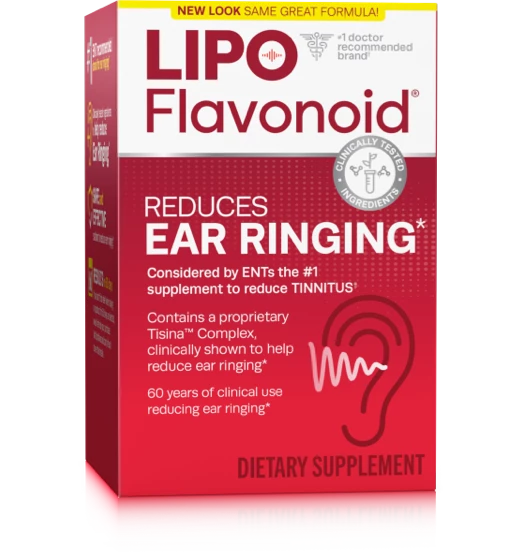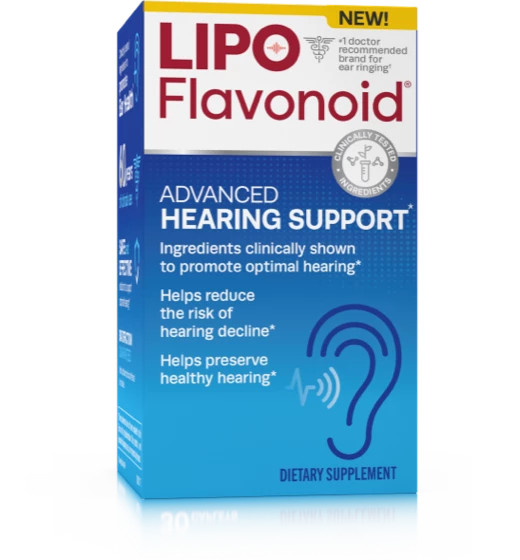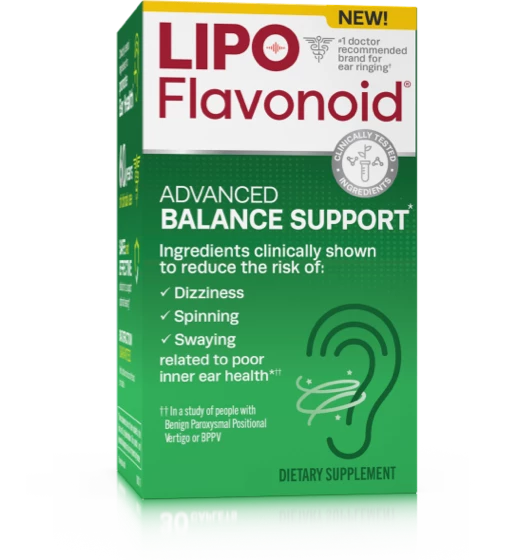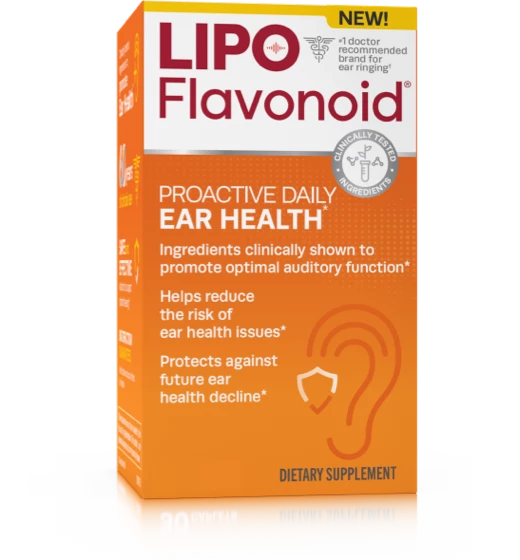- Products
- Science
-
Resources
- Tinnitus Resources
- What is tinnitus?
- Causes of tinnitus
- Tips for managing tinnitus
- Prepare for your doctor's visit
- PTSD and tinnitus
- Tinnitus FAQs
- Hearing Loss Resources
- What is hearing loss?
- Degrees of hearing Impairment
- Types of hearing loss
- Causes of hearing loss
- Treatment options for hearing loss
- Buy Now
- Coupons
- Test Your Hearing
- Test Your Hearing
- Healthcare Professionals
Feeling Stressed? 6 Steps to Feel Better & Address Tinnitus, Too
During times of stress, tinnitus can be more common and more severe. A study in Ear and Hearing found that the probability of developing tinnitus is approximately the same for highly-stressed people as it is for people exposed to occupational noise.
Similarly, according to the British Tinnitus Association, it’s common for tinnitus to first manifest during or after periods of high stress and for existing tinnitus to become worse with stress.
Unfortunately, stress is fairly ubiquitous at the moment; making stress management more important than ever.
To help, here are six tips for stress relief from the American Heart Association and the American Psychological Association.
- Practice positive self-talk and optimistic thinking. Whenever possible, flip negative thoughts on their heads, focusing on the good side and on self-love.
- Try to nip stress in the bud. When you’re in a very stressful situation, have a few “emergency” stress-stoppers you can turn to. Experiment to see what works best for you. Take a walk, listen to music, or practice slow, deep breaths. Later, when you have time, prioritize activities that are relaxing and enjoyable to you, like hiking, painting, gardening, knitting, focusing on your pet, taking a warm bath, reading a book, doing yoga, etc.
- Spend time in nature. Numerous studies have found that immersing yourself in the natural world can improve mood. Even nature videos can help. Whether you have access to trails, parks, documentary films, a bird feeder outside your window, or a patch of sky with clouds floating by, try to take time to notice and focus on the untamed world.
- Exercise. In one study, working adults who engaged in moderate physical activity had half the perceived stress as those who did not exercise. Harvard Medical School reminds us that even a simple 20-minute stroll can clear the mind and reduce stress.
- Prioritize sleep. Stick to a consistent sleep routine that gives you time to relax and slow down before bedtime. Avoid caffeine and alcohol in the late afternoon and evening. Avoid screens for about an hour before bedtime as their blue light can suppress the sleep hormone melatonin.
- Seek help. When stress becomes too much, talk to someone. A psychologist or another type of mental health provider can empower you to find even more ways to limit the stress in your life, to better deal with the stressors that seem unavoidable, and to limit the impacts of stress on your body and mind. You could even consider some of the new tele-therapy options that are available.
Of course, for anyone with active tinnitus, stress control is not the only management technique. Lipo-Flavonoid is a natural bioflavonoid product that has been used extensively for decades for the treatment of Meniere’s syndrome and tinnitus and continues to be ENTs’ #1 recommendation for relief of ringing in the ears.* You can learn more about how it works and how to take it here.
*Clarion Brands, April 2018 Survey of ENTs
*These statements have not been evaluated by the Food and Drug Administration. These products are not intended to diagnose, treat, cure or prevent any disease.
*Survey data on file
REFERENCES:
- April 2018 Survey. Clarion Brands Inc. data on file.
- Williams H, Hedgecock L. Citrus Bioflavonoids, Ascorbic Acid and Other B-vitamins in the Treatment of certain types of neurosensory deafness a preliminary report. Staff meeting of the Mayo Clinic (1962).
- Tinnitus Overview. Mayo Clinic website http://www.mayoclinic.org/diseases-conditions/tinnitus/basics/definition/con-20021487. Accessed Sept. 7, 2016.
- Understanding the Facts. American Tinnitus Associations website https://www.ata.org/understanding-facts. Accessed Sept. 7, 2016.
- Slattery WH, Fayad JN. Medical treatment of Meniere's disease. Otolaryngologic Clinics of North America 1997; 30:1027-37.
- Kumar S, Pandey AK. Chemistry and Biological Activities of Flavonoids: An Overview. The Scientific World Journal. 2013;2013:162750. doi:10.1155/2013/162750.
- Fetterman BL, Saunders JE, Luxford WM. Prognosis and treatment of sudden sensorineural hearing loss. Am J Otol 1996; 17:529-36.
- Arenberg I, Bayer R. Therapeutic Options in Meniere’s Disease. Arch Otolaryngol 1977;103: 589-93.
- Shaia F, Sheehy J. Sudden sensori-neural hearing impairment: a report of 1,220 cases. Laryngoscope 1976; 86:389-98.
- Herschberg S. Meniere’s disease. J Am Osteopathic Association 1974; 73:540-6.
- Wolfson R. Treatment of Meniere’s disease. Modern Treatment (1969) 6,3, 553-567.
- Rubin W. Vestibular suppressant drugs. Arch Otolaryngol 1973; 97:135-8




